What High Net-Worth Women Should Know About Health Savings Accounts
Health savings accounts (HSAs) offer tax savings for account holders—contributions are tax-free going in, tax-free coming out (with some exceptions, discussed below), and investment gains are tax-free as well. For high net-worth individuals, as well as those hoping to be high net-worth in retirement, an HSA’s tax treatment can make it an important component of one’s retirement plan. Read on for three things high net-worth women should know about using an HSA to build wealth.
Invest your HSA and let it grow
Because HSAs have such favorable tax treatment, those who can afford to pay medical costs out-of-pocket could benefit from leaving this money alone and allowing it to grow for the next couple of decades. Many HSA plan administrators offer low-fee investment options that can put your money to work for you rather than leaving it to earn pennies in a regular savings account. Moreover, because HSAs (unlike 401(k)s) aren’t subject to required minimum distributions, an invested HSA can have an incredibly high balance without presenting any potentially negative tax consequences for the account holder.
Retire early and use HSA funds to bridge the gap
Although HSA funds can’t be used to pay for healthcare insurance (most of the time), these funds can be used for COBRA coverage, which can last up to 18 months after leaving employment. This can allow you to retire a year and a half earlier than your planned retirement date (or a year and a half before you become eligible for Medicare) with less fear of incurring hefty medical expenses.
And while your HSA funds can’t go toward non-COBRA insurance premiums, they can be used to cover other, non-premium medical expenses, making it a valuable asset for an early retirement.1 As long as you can afford your monthly premium cost, you can use your HSA to cover every penny of your other medical expenses.
Pay out of pocket now, reimburse yourself tax-free later
HSAs allow account holders to expend money on medical expenses now, then submit these expenses for reimbursement at a later time. There’s no limit on the amount of time that can pass before reimbursement is sought, and some plan to take advantage of this by paying medical costs out of pocket now, then reimbursing themselves with a four- or five-figure tax-free check in retirement.
For example, someone who paid $40,000 in medical expenses out of pocket from 2005 through 2015 (and kept adequate documentation of these expenses, including EOBs and receipts), could conceivably withdraw this entire $40,000 from their HSA at any later point, without paying income taxes or any early withdrawal penalties on this amount. The ability to take a tax-free lump sum distribution for any reason (or no reason at all) is just one of the characteristics that can make HSAs such a valuable retirement vehicle.
Important Disclosures:
The opinions voiced in this material are for general information only and are not intended to provide specific advice or recommendations for any individual. To determine which investment(s) may be appropriate for you, consult your financial professional prior to investing. All performance referenced is historical and is no guarantee of future results. All indices are unmanaged and cannot be invested into directly.
The information provided is not intended to be a substitute for specific individualized tax planning or legal advice. We suggest that you consult with a qualified tax or legal advisor.
All information is believed to be from reliable sources; however, LPL Financial makes no representation as to its completeness or accuracy.
Sources
https://www.investopedia.com/articles/personal-finance/091615/how-use-your-hsa-retirement.asp
Recent Posts
Why Tax Planning Is a Year-Round Strategy, Not a March Panic
Financial Planning Resolutions for 2026
Essential Estate Planning Steps Every Family Should Take
2026 Outlook: The Policy Engine
Why Long-Term Care Planning Matters
Women & Wealth: Financial Planning Strategies for a Lifetime
How Emotions Affect Financial Decisions
Categories











